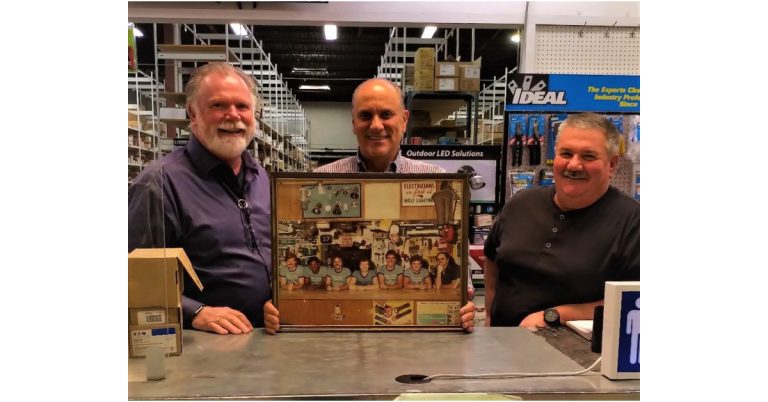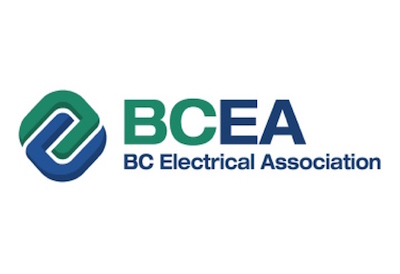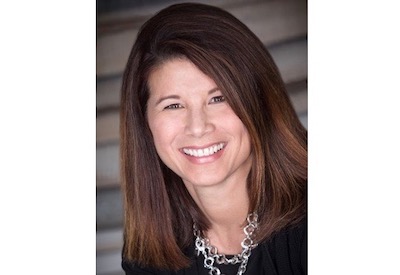Best Practices: Marketing

Aug 4, 2020
By David Gordon
Everyone is an expert in pricing. It’s either too high or too low based upon your role. Salespeople like it low. Management wants it high. The customer wants it “right” which, usually means “competitive” or “It’s reasonable for the value I am receiving.”
And the term “value” is intriguing as it infers that you understand
• the value that you bring
• the value that your product / service brings
• the competitive landscape (which also includes alternatives and inertia)
But I digress.
In times of crisis, when salespeople are competing for limited opportunities, frequently they revert to “our price is too high.” Further, in distribution we have a tendence to start pricing endeavours with 1s and 2s as we “morally feel that we can’t charge too much.”
In reality, we’re starting to create customer expectations for the future that the price can always go lower.
Gross margin dollars/invoice
And, if we don’t have gross margin dollars, we can’t meet payroll (or other operating expenses.)
The most important metric for companies is a version of “gross margin dollars/invoice” (for reps it could be commission dollars/invoice). Why? Because you cannot spend percentages! Percentages are solely derived calculation.
Consider:
• A large, project order that will be drop shipped and requires little intervention/handling that has “quick” turnaround. Does it make a different whether it is 4 or 6% if the extra 2% costs you the order? If it is a $50,000 single order, that’s $2000 GP/order.
• For a 15-cent counter item, adding 50% gross margin gets the item to 30 cents. But perhaps you could sell it for 45 cents? Is the extra 15 cents going to get someone to say “no” at the counter?
Pricing competencies
A recent article written by McKinsey consultants discussed the need for pricing discipline, flexibility, and capabilities. While “discipline” and “flexibility” may be at opposite ends of the spectrum, in the right doses both work. It all comes down to when, how often and how much. And just because you go “down” from your target doesn’t mean other times you couldn’t go “up”.
Some key points and comments from their article appear below.
The most resilient companies put in place practices during downturns that prepare them to succeed when the recovery comes around. (So, don’t give away the store and look for profit leakage holes to plug. Be targeted in your discounting and no, not all orders should be treated equally.)
Three areas to be focused on are
1. Being creative in meeting customer needs while preserving value (this begs the question of “can your salespeople (inside and outside) express the value of doing business with you?” Perhaps more importantly, can your pricing / quotations people express why someone should do business with you? Do they know “why you should get the order?” For significant quotes could they write one sentence on “why you” for that order?)
• The article highlights 4 of the most common strategies
2. Driving strong pricing discipline
• Tight governance for discounting and approvals (do you know how frequently system pricing for stock items are overridden? By how much? By whom? This is a huge profit leakage area for every distributor. While there are systems to measure and manage this, we’ve also worked with some small to mid-sized companies where simple Excel, peer pressure and recognition mitigate the issue pretty quickly – give a call and we’ll share some thoughts. Flexibility is needed, hence override approval processes are needed.) Speaking of overrides, distributors, have you looked to see if your SPAs are being overridden? What about customer contracts or GSA agreements? (and yes, overrides on GSA’s could open you to an audit!)
• Measuring customer profitability
• Review sales compensation models / incentives as well as price realization (or gross margin) targets
And they list others.
3. Investing in capabilities
• Value-driving initiatives, analytics, personnel skill sets
To improve profitability while using price as a strategic weapon to take share:
• Channel Marketing Group and Epicor’s tips to improving gross margin from a webinar jointly conducted
• Plug the profit holes
• Have pricing discipline
• Automate processes with timely, local, override approval means
• Focus on gross margin dollars invoice (and incent your team to achieve this)
• Ensure all know your value… on every order where price is or may be an issue
• Track win lose and learn from trends in this information[IT]
The alternative: how low can you go and still have a profitable business?
David Gordon is President of Channel Marketing Group. Channel Marketing Group develops market share and growth strategies for manufacturers and distributors and develops market research. CMG’s specialty is the electrical industry. He also authors an electrical industry blog, www.electricaltrends.com. Channel Marketing Group does not engage with clients on detailed pricing strategies, however, given that pricing is a critical element of sales, marketing and growth planning, we do get asked about the topic and can share opinions and refer to those who focus on the area as well as share anecdotes. David Gordon can be reached at 919-488-8635 or dgordon@channelmkt.com.











